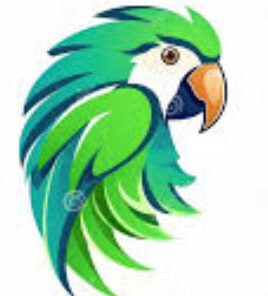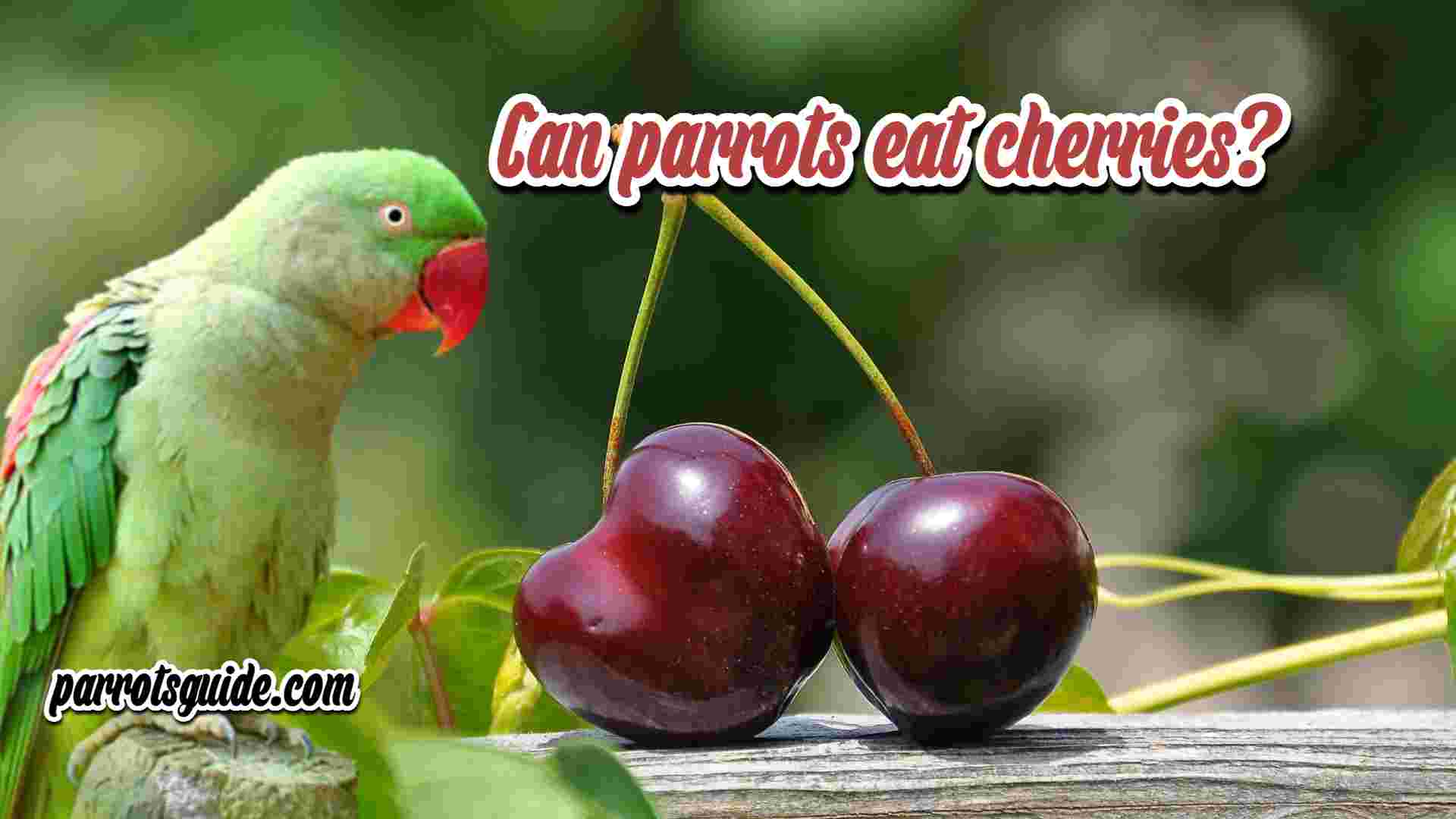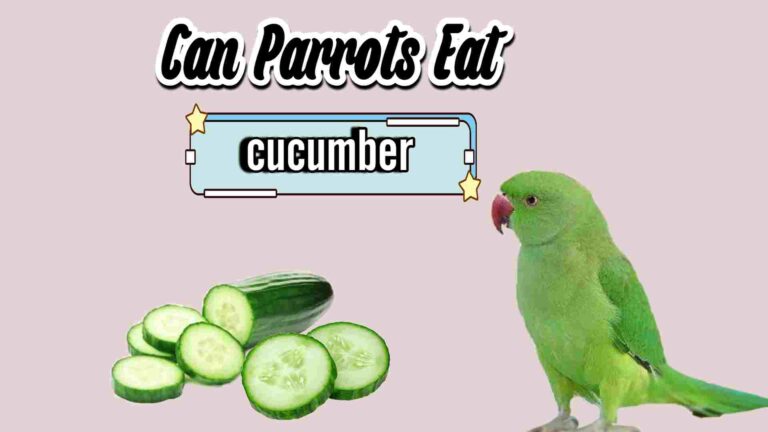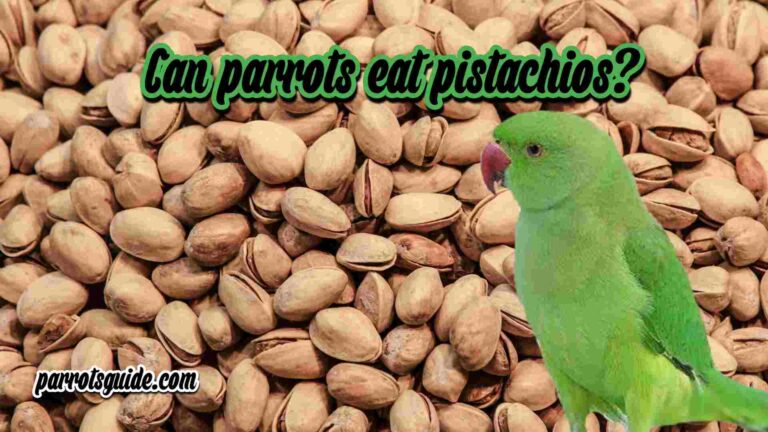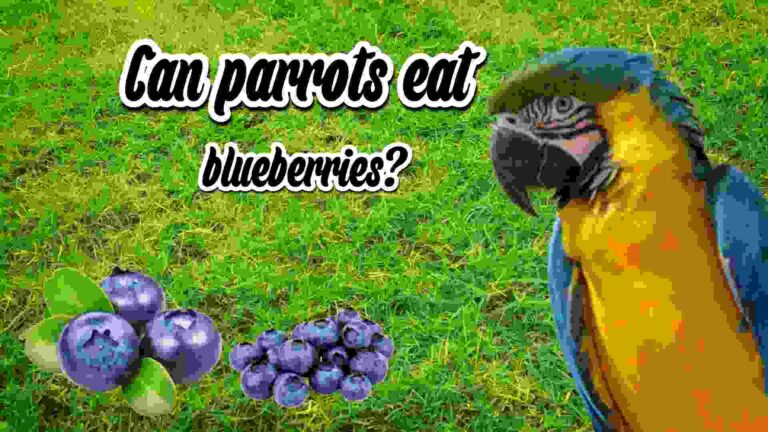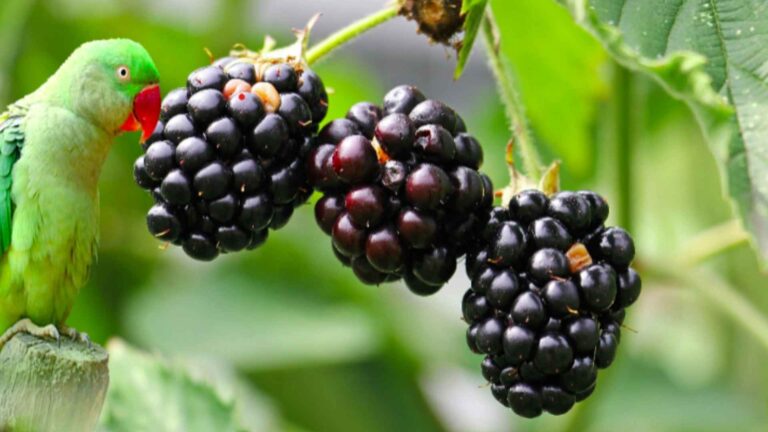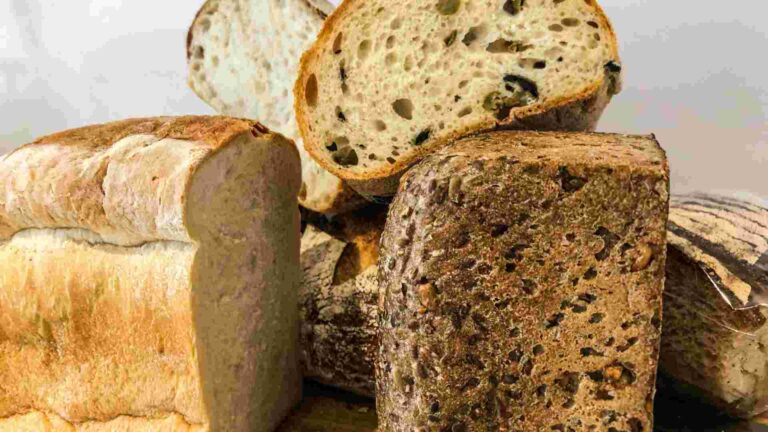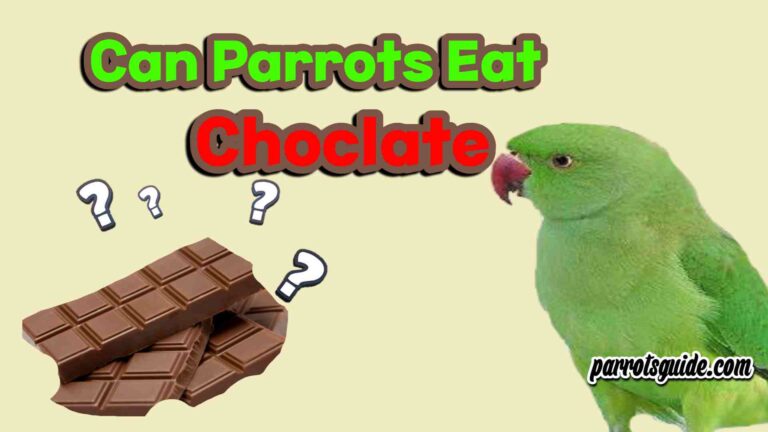Can parrots eat cherries?[5 Shocking Risks]
Can parrots eat cherries? Yes, parrots can eat cherries but there are important precautions to follow. Cherries are rich in vitamins A, C and antioxidants that benefit parrot health which supports their immune system and overall vitality.
But, while the fruit itself is secure, cherry pits are harmful to parrots due to cyanogenic compounds that can lead to poisoning. It is very important to remove the pits and stems before giving cherries to your parrot. Balance is important when feeding cherries, as eating too much can lead to digestive problems. This article will guide you on how to safely add cherries to the diet of your parrot.
What Does a Parrot’s Diet Look Like?
A parrot’s diet contains mainly of fruits, vegetables, seeds, nuts and grains. To ensure a balanced diet, it is important to give a diversity of fresh produce, like leafy greens, carrots, apples and berries. Parrots also benefit from good sources of protein such as beans or small amounts of cooked chicken.
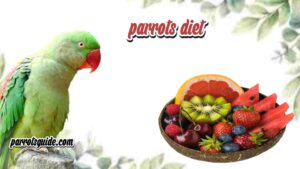
Seeds should be fed in balance as they are rich in fat. Parrots thrive on a varied diet that mimics their natural food sources in the wild which is key to their overall health, longevity and fitness.
Are Cherries Ever Unsafe for Parrots?
Although cherries themselves are stable for parrots to eat there are positive components that could cause a threat. Cherry pits, stems and leaves contain cyanogenic compounds that may be harmful to parrots.
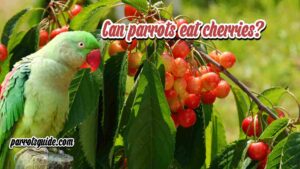
These compounds release cyanide which can motivate poisoning. Therefore, it is very critical to put off the pits and any connected stems earlier than giving cherries to your parrot. Always wash the cherries to avoid chemicals that are harmful to parrots.
Potential Risks of Feeding Cherries to Parrots
Cherries can serve as a good diet supplement for parrots but this should be done with caution as there are several related risks. Some of these risks can arise from feeding cherries to parrots:
- Toxicity after ingesting cherry pits: When cherries are fed to parrots, the main danger stems from the pits. Their sources, cherry pits contain cyanogenic compounds which can produce cyanide if ingested. This chemical is extremely dangerous for parrots and can result in severe cyanide poisoning whose symptoms include failure to breathe, weakness, seizures, and even death in severe cases.
- Choking Hazard: Cherries are usually juicy and big and in the quest to eat them very fast, parrots will tend to swallow large chunks of them without breaking them down. This can subsequently result in choking and blockage of the windpipes.
- High Sugar Content: Cherry claims quite a significant portion of sugar content and which may lead to complications with the parrots when taken in great excess. Moderation needs to be exercised in parrots with obesity due to excessive sugar usage since it can predispose the parrot species to obesity due to fatty liver disease and other metabolic syndromes.
- Digestive upset: Cherries may contain too much sugar and water which may make their digestive systems upset if the parrot is not used to eating cherries at all.
- Allergic reactions: It’s preferable to introduce cherries in small portions and follow up with your parrot so that if there are negative reactions it’s easy to track the duration of the damage.
- Spoiled or Moldy Cherries: Serving such cherries to parrots can put them in danger of food poisoning or fungal invasion since the spoiled or moldy cherries may spawn certain strains of bacteria or fungi.
By understanding these potential risks and taking proper precautions such as removing pits, cutting cherries to a safe size, and feeding them in balance.
How to Safely Prepare and Offer Cherries for Your Parrot
To make sure that cherries are a secure and healthy treat for your parrot, it is important to prepare them properly. Here is a step-by-step guide on how to safely prepare cherries for your parrot:
Select Ripe and Organic Cherries: To begin with, pick cherries that are fresh rye in color and are free from rot, bruises or any other signs of spoilage.
Wash the Cherries Well: All the cherries should be washed under running water so that dirt or any bacteria or pesticides can be washed off.
Take Out the Stems and Pits: Head over to the cherry stem and pit removal and twist and/or pull off the stem from the cherry’s flesh. Cherry pitter or the use of a knife should be employed to remove pits and stoppers completely. Of course, the tray left behind will be pit pieces.
Cut the Cherries into Sizes that are Convenient for the Birds: As soon as you remove the pits, likewise cut the cherries into small manageable and biteable pieces for your parrot. This step is very important to prevent choking risk, especially for small parrot breeds as this can pose a suffocation hazard. Smaller pieces also make it easier for the parrots to ingest.
Make Sure to Offer Cherry in Moderation: Cherries should not be served on a daily basis; they should be given as an occasional treat on a regular basis. One or two small pieces are sufficient for one serving.
Monitor Your Parrot for Any Reactions: As with any new food, cherries need to be introduced gradually in order to prevent any health problems. When introducing cherries for the first time, be on the lookout for an allergic reaction or any digestive problems such as vomiting, diarrhea and even behavioral changes in your parrot.
Remove Uneaten Pieces Promptly: After you serve your parrot cherries, in the next few hours after feeding, take out of the cage all the remaining pieces. This practice helps prevent spoilage as well as minimize the risk of microorganisms being deposited in your parrot’s environment which may lead to illness.
By following these steps, you can safely prepare cherries for your parrot and allow them to enjoy this nutritious fruit without risk.
Alternatives to Cherries for Parrots
If cherries are not an alternative otherwise you need to change the food regimen of your parrot there are numerous different end results that are both stable and wholesome. Apples (seedless), blueberries, grapes and mangoes are all accurate picks that provide a variety of nutritional benefits.
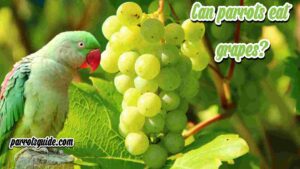
For a high-fiber deal, don’t forget to serve pears. Each of those culminations gives important vitamins and minerals that can aid the health of your parrot. Always add new fruits slowly to watch for symptoms of hypersensitive reactions or digestive troubles.
Conclusion
When prepared correctly and given in balance then cherries can be a healthy treat for parrots. While they give valuable nutrients like vitamins and antioxidants it is important to remember the risks related to cherry pits and stems.
By carefully preparing cherries and watching their intake then you can securely add this fruit to the diet of your parrot. Always provide a different type of fruit and discuss with a veteran to ensure a balanced and safe diet for your parrot.
